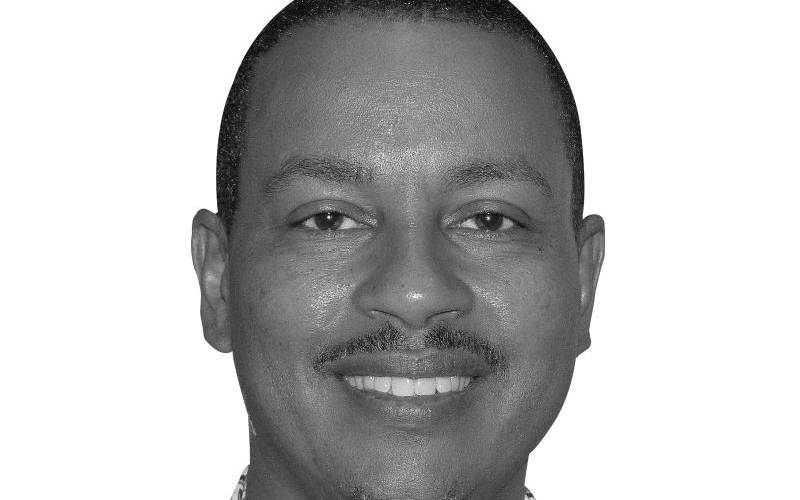×
The Standard e-Paper
Fearless, Trusted News

The deaths of Emmanuel (19) and Benson Ndwiga (22) while in police custody catalysed mass protests and led to further excessive police force, at least one death and destruction of a police post and vehicle.